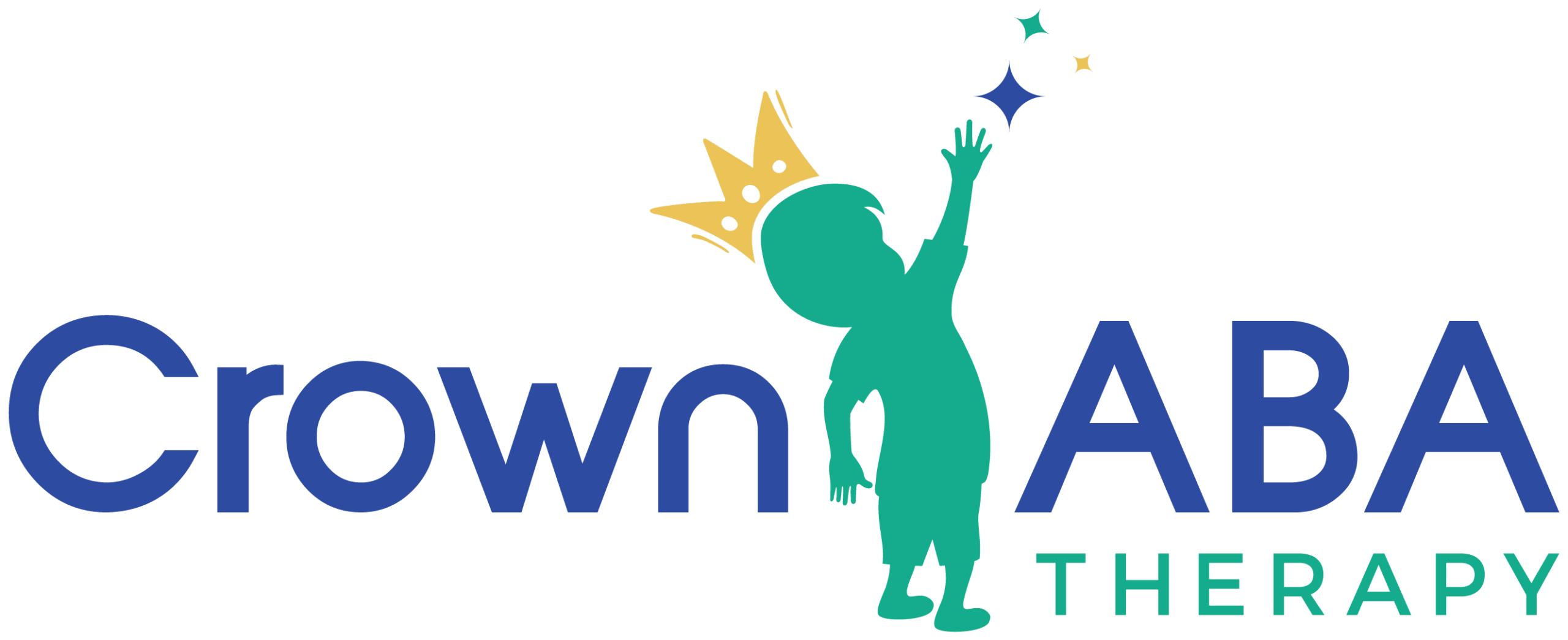Key Points:
- Omega-3 fatty acids may support social and communication development in individuals with autism by influencing brain health and inflammation.
- Several omega-3 autism study findings show mild improvements in social interaction, although results are mixed and dosage varies.
- Omega-3 supplements are most beneficial when part of a broader support plan that includes therapies like ABA.
For many families navigating the complexities of autism spectrum disorder (ASD), finding tools and treatments to support social development and communication is a top priority. Nutrition often becomes part of that exploration, and one particular nutrient has gained widespread attention: omega-3 fatty acids.
Can Omega-3 Help With Autism Symptoms?
Yes. While results vary, some studies show that omega-3s may help reduce social withdrawal and improve communication in individuals with autism.
What Are Omega-3 Fatty Acids and Why Do They Matter for Autism?
Omega-3 fatty acids are essential fats that support brain function, mood regulation, and inflammation control. They are primarily found in fish oil and plant-based sources such as flaxseed and walnuts, but the most studied forms — EPA (eicosapentaenoic acid) and DHA (docosahexaenoic acid) — come from marine sources.
In individuals with autism, the brain often processes information differently, particularly in areas tied to communication, social connection, and emotional regulation. Omega-3s help build the structure of brain cells and are believed to aid in signaling between neurons.
This connection between brain structure and behavior has led to numerous studies examining whether omega-3 supplementation can influence autism-related symptoms, particularly in areas of language and social interaction.
Deficiencies in omega-3s may also contribute to increased inflammation in the brain, a factor some researchers believe may exacerbate certain behaviors associated with autism. Supplementing with omega-3s could offer a gentle, natural way to reduce this inflammation and support clearer cognitive processing.
What Does Research Say? Key Omega-3 Autism Study Findings
Several clinical trials and reviews have been conducted to evaluate the relationship between omega-3 supplementation and autism behaviors. While the results are not always consistent, there are promising findings worth noting. Let’s break down what current studies reveal about omega-3s’ role in enhancing communication and social engagement in autistic individuals.
1. Improvements in Social Skills
A number of studies report modest improvements in social behavior, especially in younger children. For example, a double-blind omega-3 autism study published in the Journal of Autism and Developmental Disorders observed reduced social withdrawal and hyperactivity in children who received omega-3 supplements for 12 weeks.
Children demonstrated improved social engagement, including initiating interactions and responding to cues, with some parents observing increased eye contact and more frequent verbal communication attempts.
2. Mixed Results on Language and Communication
While some studies found noticeable gains in speech development and comprehension, others did not see significant changes. This inconsistency may be due to differences in dosage, formulation, or the severity of autism symptoms.
DHA seems to support language development, while EPA may help ease anxiety-related behaviors. These benefits are often more noticeable when omega-3 supplements are combined with speech or behavioral therapy.
 How Should Omega-3 Be Used for Autism?
How Should Omega-3 Be Used for Autism?
Before beginning any supplement, it’s important to understand how omega-3 works in the body and how to safely introduce them into your child’s routine. Though it’s considered safe and natural, dosage and consistency matter. To help parents make informed choices, here’s a practical look at what to consider when using omega-3s.
Children aged 2 to 8 years can take 250–500 mg of combined EPA/DHA daily, while older children and teens may benefit from 500–1000 mg. Always consult a healthcare provider before starting, particularly if your child takes medications or has allergies.
Moreover, omega-3 supplements are best taken with meals to support absorption and reduce any potential stomach discomfort. Flavored liquids or chewables are often available for children who struggle with swallowing pills.
How Does Omega-3 Compare to Other Support Strategies?
Omega-3 should not be viewed as a standalone treatment for autism. While it can support brain health and reduce inflammation, it’s most effective when combined with other useful interventions such as speech therapy, occupational therapy, and Applied Behavior Analysis (ABA).
Some parents use omega-3 to enhance their child’s response to behavioral therapies. A calmer, more focused child may engage better in social learning opportunities and be more responsive during communication exercises. For others, it’s part of a larger nutrition-focused approach to managing symptoms.
Consistency, individualized care, and ongoing monitoring are key to seeing long-term benefits. Tracking changes in behavior or communication over time can help you and your care team decide whether omega-3s are making a meaningful difference—and if you’re exploring other supplements, be sure to read our article Melatonin Autism Side Effects: What to Know for important insights.
What Are the Possible Side Effects of Omega-3?
Although generally safe, omega-3 supplements may cause side effects in some children, especially if taken in large doses or without food. Before starting any supplement, it’s good to understand what signs to watch for. Here are common side effects and how to minimize them.
- Mild stomach upset or fishy aftertaste
- Loose stools or diarrhea
- Allergic reactions (rare, usually related to fish-based products)
- Possible interactions with blood-thinning medications
To reduce the chance of side effects, start with a low dose and gradually increase it as tolerated. Choosing high-quality, purified omega-3 products can also minimize the risk of contaminants like mercury or PCBs.
Omega-3 and Autism: A Helpful Tool in a Broader Approach
Omega-3s can be a valuable tool in supporting brain health and behavior in children with autism, especially in the areas of social engagement and communication. However, it’s important to manage expectations and view supplements as just one piece of a comprehensive care plan. Some children may respond well, while others may show minimal changes.
Every child is unique, and when omega-3s are used alongside evidence-based therapies, the potential for meaningful progress increases. For families considering this route, collaboration with healthcare and behavioral professionals is key.
Support Social Development With ABA Therapy
While nutritional strategies like omega-3 can provide supportive benefits, Applied Behavior Analysis (ABA) remains one of the most effective ways to promote communication and social development in children with autism.
At Crown ABA, we specialize in personalized, goal-driven ABA therapy in Maryland, helping children develop essential life and social skills in a nurturing environment. Our experienced therapists work closely with families to create structured, play-based interventions that are proven to foster lasting progress.
Looking for trusted autism support? Contact us today to learn how our ABA therapy programs in Maryland can help your child thrive.





